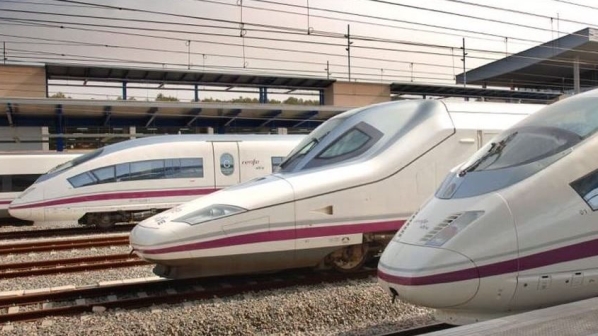The three organisations say they want to “promote a change management process towards an open innovation model that reinforces internal entrepreneurship and external collaboration,” so they can adapt to become an “efficient, sustainable and safer 4.0 railway.”
The railway innovation master plan will be consistent with the Ministry of Development’s innovation plan. It will run for four years with the option for a four-year extension. In view of increasing liberalisation and competition, the three companies say that it is “essential to carry out a collaborative approach in order to achieve the best possible results.” The agreement will therefore be open to other entities that share the same values and objectives.
Five objectives
The Renfe-Adif/Adif AV Innovation Coordination Committee will act as the governing body. It will be responsible for establishing the criteria for the approval of programmes and projects. Five objectives for action are identified:
- creation of a common challenges and needs map
- creation of open and collaborative innovation with a view to signing collaboration agreements with the government, universities, public research organisations and Spain’s Singular Scientific and Technical Infrastructure (ICTS)
- collaboration in innovation projects, including the variable-gauge axle for freight wagons, intelligent stations, security systems to protect infrastructure and stations, an analysis of the interface between high-speed and freight trains, the use of commercial trains as infrastructure diagnostic vehicles, and smart freight terminals
- measures to create a vision and culture of innovation including: participation in associations linked to innovation, collaboration in joint actions favouring cultural change, the promotion of digitalisation and the adoption of new technologies, and collaboration to promote the open innovation model where the client is central and forms part of the innovation process, and
- a joint initiative to define a financing model for the projects that identifies sources of financing and resources.
Under its own innovation plan, Renfe has identified four main areas of innovation: reinventing the customer experience, promoting intermodality for both passengers and freight, improving energy efficiency and sustainability, and advancing digitalisation.

